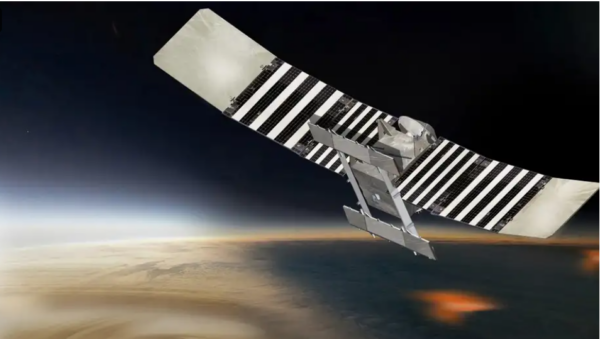A highly anticipated trip to Venus is in jeopardy due to NASA’s withdrawal of all funding, save for a minuscule amount intended to keep the planetary orbiter on fragile life support while its destiny hangs in the balance.
The NASA budget request for 2024 was issued this week, proposing a total of $27.2 billion, of which $3.383 billion would be given to planetary science. Nevertheless, the space agency only sought $1.5 million for its Venus Emissivity, Radio Science, InSAR, Topography, and Spectroscopy (VERITAS) mission, a significant reduction from the planned $124 million budget for the mission in 2024.

The NASA budget request is a “soft cancellation” of the Venus mission
“It’s barely enough to keep us alive,” Darby Dyar, the VERITAS mission’s deputy main investigator, told Gizmodo over the phone. The 65-year-old Dyar, who has been working on the mission for the past 12 years, was excited to finally see it in operation. “If they delay this journey, I will be ancient by the time we reach Venus,” she continued. “I’m taking care of myself and taking my vitamins. I’m still holding on, dude.”
The intended launch date for the mission was 2027, however the anticipated launch date is no sooner than 2031. Casey Dreier, chief of space policy at The Planetary Society, told Gizmodo over the phone, “This is not a complete cancellation, but more of a soft cancellation.”
The team does “get some lifeline funds to keep the firm afloat…to prepare reports and keep the team together.” But other than that, they’re stuck in limbo because the mission hasn’t been terminated, so it’s essentially a “zombie mission” for the time being.
And no one want a zombie mission, especially since the task was already delayed. Magellan, NASA’s last mission to Venus, landed on the planet in 1989 and finished its scientific activities in 1994. Since then, NASA has not launched a mission to Earth’s sister planet, much to the chagrin of the fervent Venus community.
NASA’s budget request is a “soft cancellation” of the Venus mission.
In 2021, NASA picked not one but two missions to the scorchingly hot planet, briefly exciting Venus enthusiasts before dashed planetary aspirations. Paul Byrne, associate professor of Earth and Planetary Science at Washington University, told Gizmodo in an email, “Personally, I’m really dismayed that NASA’s ostensibly recent exploration success on Venus has already suffered a setback.”
Scientists researching Venus have relied heavily on data acquired by Magellan for the past 30 years. In fact, a team of scientists recently detected ongoing volcanism on the planet by examining ancient Magellan pictures.
VERITAS is intended to provide high-resolution radar scans of Venus’s surface and would be the first mission to characterize the planet’s rocky composition. Dyar stated, “VERITAS is the mission for which we waited thirty years.” This is foundational science that is performed first when a planet is first explored.

